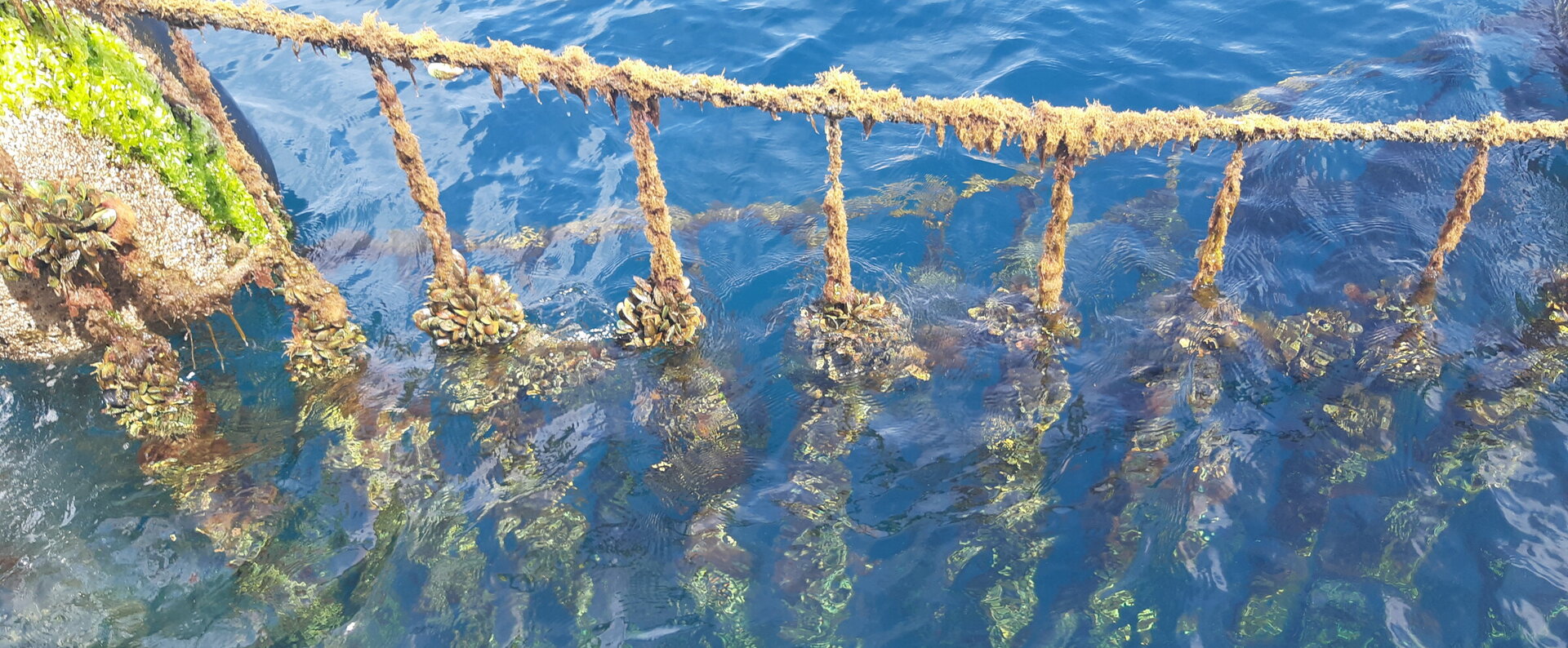Aquaculture Farmer
Aquaculture farmers manage the breeding, raising and harvesting of fish and shellfish for commercial purposes in marine or freshwater farms.
What do Aquaculture Farmers do at work?
- tighten, clean and mend lines, ropes, racks and nets on aquaculture farms.
- feed and care for growing fish and shellfish
- harvest and pack fish or shellfish
- dive to clear any debris or dead fish from fish pens.
- drive and navigate boats.
- operate underwater net cleaning machines and remote operated vehicles (ROVs)
- maintain marine farm equipment.
- plan work schedules and prepare budgets.
- keep records on growth and health of fish or shellfish.
- train, supervise, manage and assess staff.
Skills and knowledge
- knowledge of how to grow and harvest fish or shellfish.
- practical skills such as being able to tie knots and connect ropes.
- boat-handling and navigational skills, including the ability to read charts and use a compass.
- basic mechanical skills.
- ability to maintain equipment on farms including repairing broken lines.
- awareness of health and safety practices.
Entry requirements
There are no specific requirements to become an aquaculture farmer. However, an aquaculture qualification, such as a New Zealand Certificate in Aquaculture (Level 3 or 4), may be useful.
NMIT website - information about the New Zealand Certificate in Aquaculture
Maritime New Zealand website - information about the skipper restricted limits certificate
Worksafe New Zealand website - information on occupational diving
Qualifications
There are no specific secondary education requirements to become an aquaculture farmer. However, biology and maths may be useful.
Is this the career for you? Find out more about training
Nelson Marlborough Institute of Technology (NMIT)
0800 422 733 - info@nmit.ac.nz - www.nmit.ac.nz
Pay
$43,000 - $88,000 per year.
